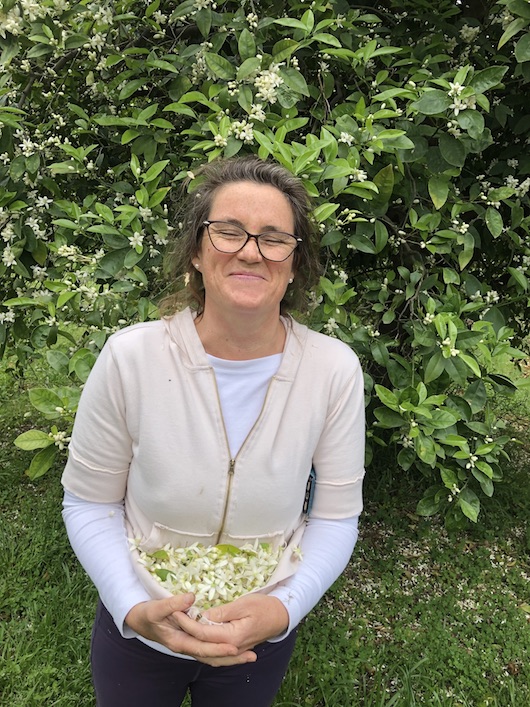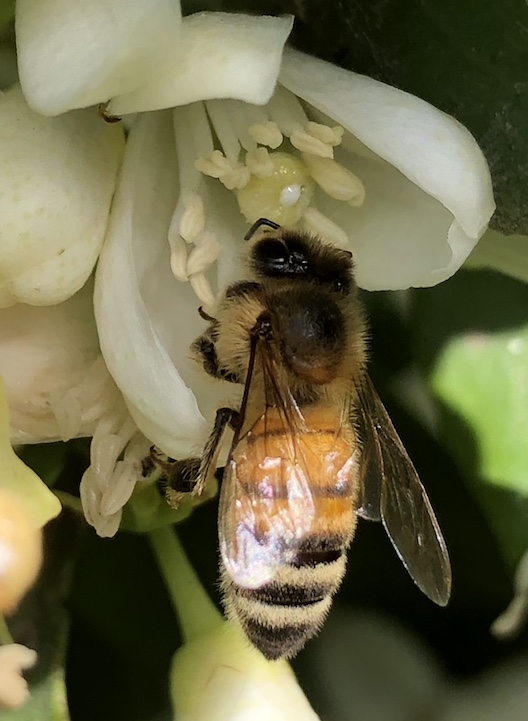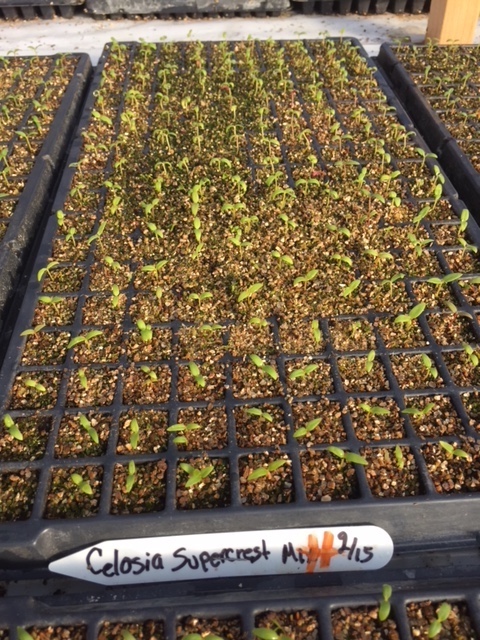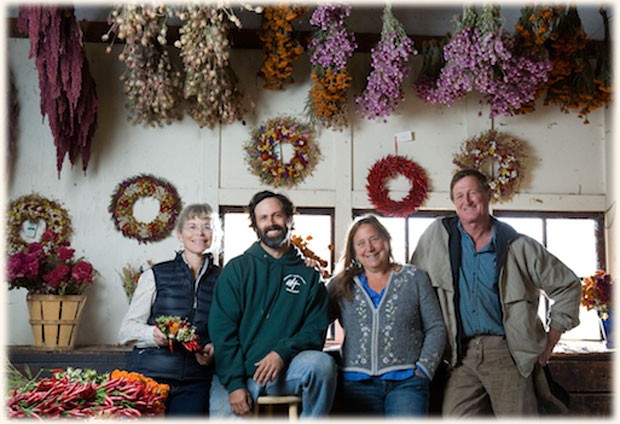
Artist in Residence, Anna Martinek Brait with an armload of citrus blossoms collected by her husband Andrew while mowing —
I’m sitting at our patio picnic table looking out across a cover crop field that was recently mowed and has already dried down in the last couple of hot days. As I was sitting down to write in the Full Belly office, the power went out, the second time it has done so during the Shelter in Place. Somehow, when there is so much emphasis on keeping everything clean, it seems cruel for the power to go out because it means no water for awhile out here where we rely on pumps to keep the water flowing. Hopefully the battery in my computer will carry me through for this writing. [Read more…]
 Rest in Peace John Ceteras
Rest in Peace John Ceteras


